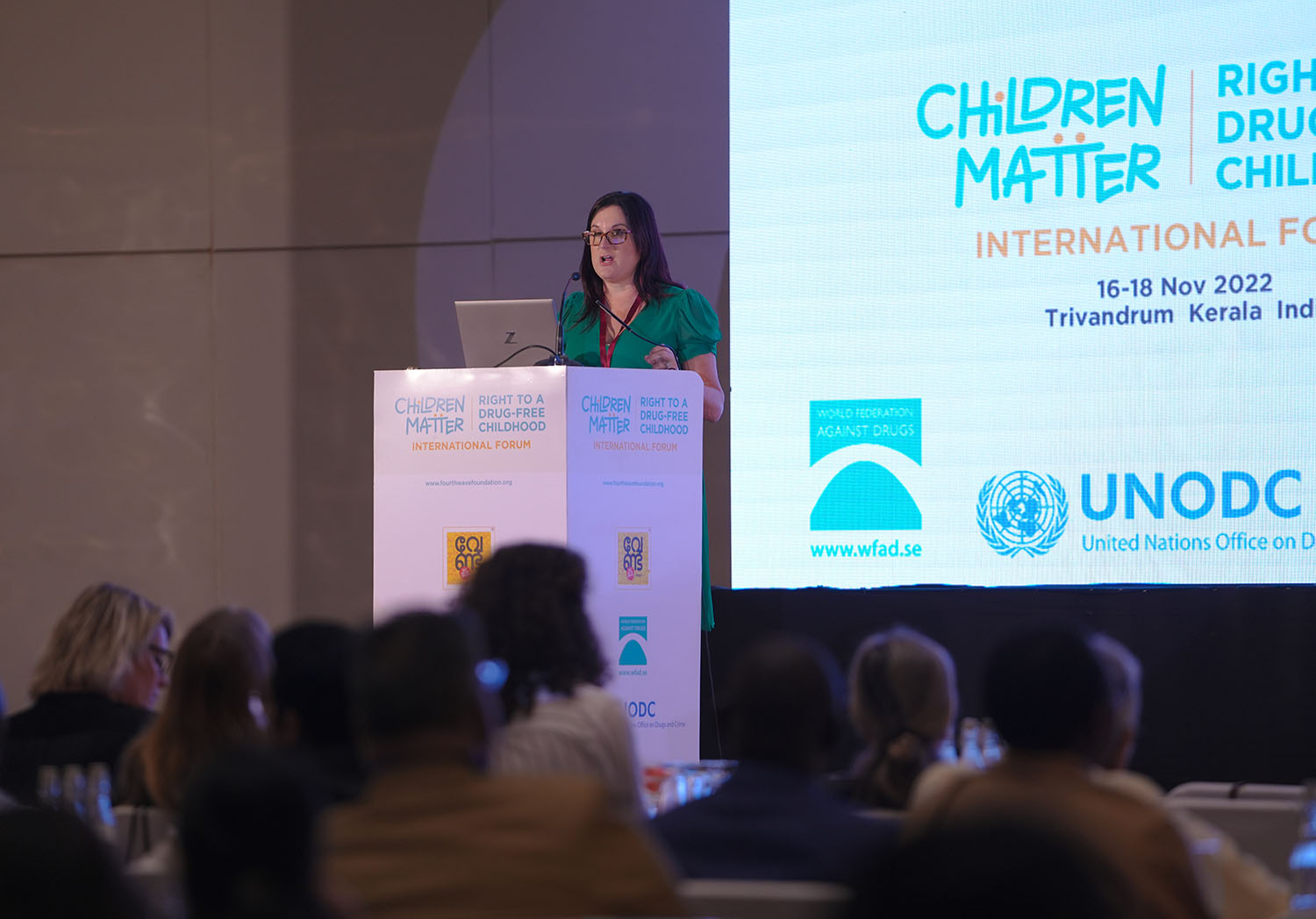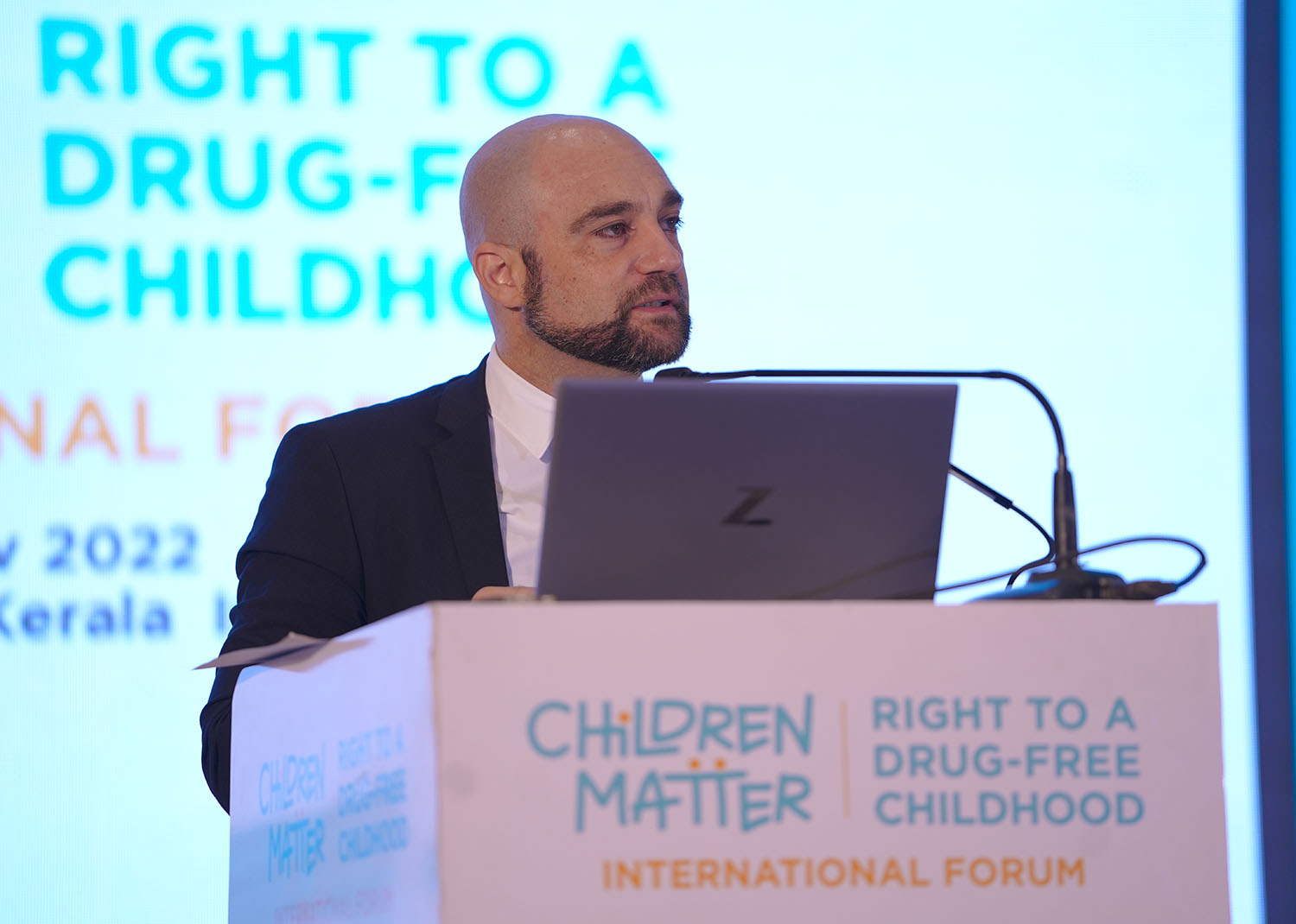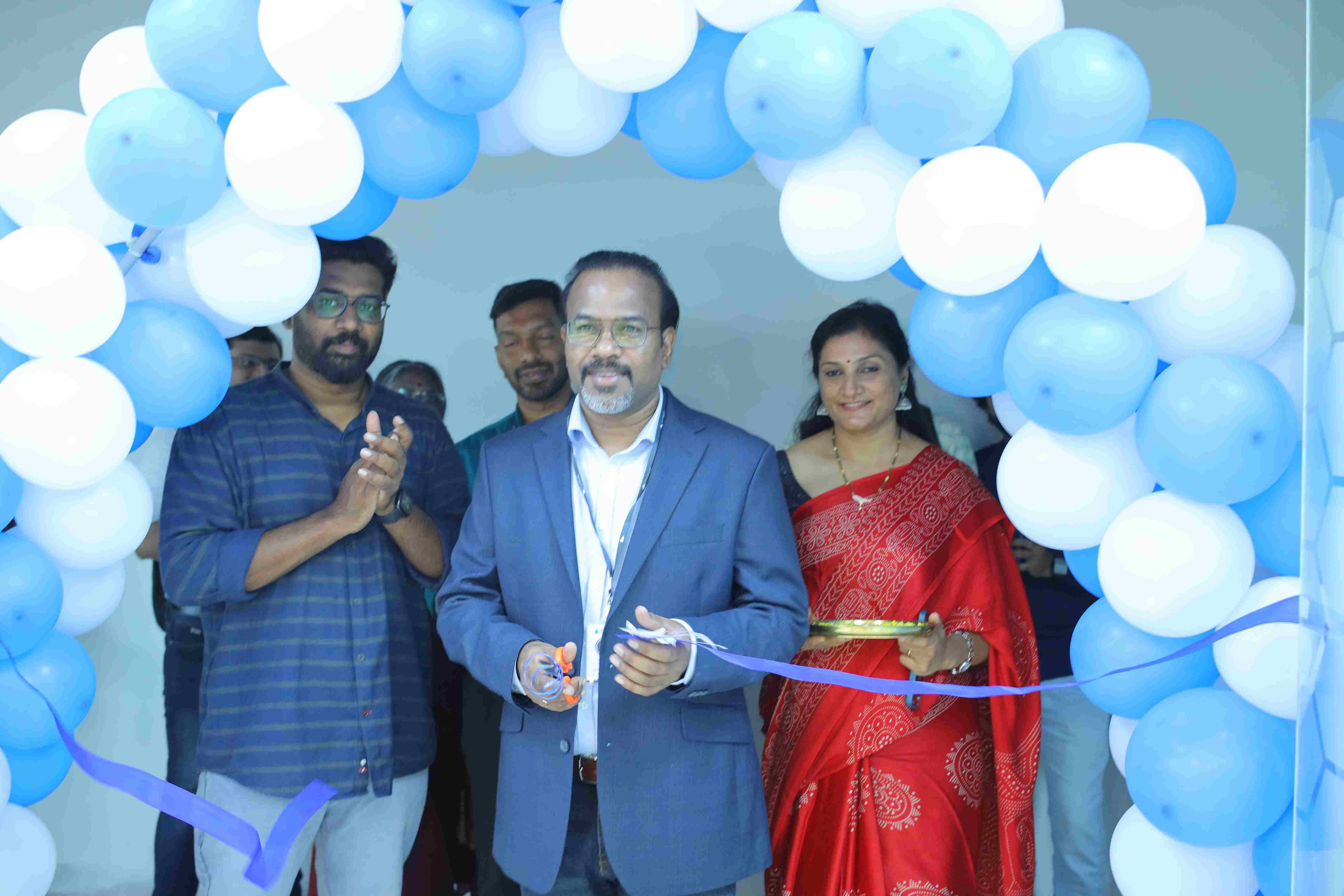Global meet on Drug-free childhood: Experts emphasise community intervention, policy initiatives
Global meet on Drug-free childhood: Experts emphasise community intervention, policy initiatives
Trivandrum / November 16, 2022
Thiruvananthapuram, Nov. 16: Noting that ensuring a drug-free childhood is a shared responsibility, global experts at a three-day international conclave on the subject that opened here today called for a strong community engagement along with stepping up effective interventions by governments to free children and youth from drug abuse.
Speaking at the opening session of the conclave themed ‘Children Matter - Right to a Drug-Free Childhood’, the speakers highlighted the vital role of supportive factors like parents, schools and leisure activities in curbing the scourge that has been spreading its tentacles alarmingly.
The forum, the first-of-its-kind in Asia on the topic, is organised by Fourth Wave Foundation (FWF) in partnership with United Nations Office on Drugs and Crime (UNODC) and World Federation Against Drugs (WFAD).
Ms Amy Ronshausen, International President, WFAD, USA, in her keynote address on ‘World Drug Problem and the Future of Children’, urged policymakers and communities to focus on backing local children, especially those who lack parental support.
Speaking on “World Drug Report - Focus on Youth and Child Focused Prevention Strategies,” Mr Marco Teixiera, South Asia Representative, UNODC, stressed the increasing relevance of strong community interventions in containing substance abuse.
The onus not only lies on governments, but also on civil society, stakeholders and community, and they must act together, he added.
Mr Esbjorn Hornberg, Executive Director, Movendi International, Sweden, who spoke on “International Collaboration of Civil Societies,” said currently the civil society space is shrinking notably which calls for conscious efforts to bring in greater societal participation in tackling the drug menace.
He urged youngsters who are dissidents in conflict areas across the world to come together and take the fight against drugs as their new engagement.
Ms Regina Mattsson, Secretary General, WFAD, Sweden, made a strong case for evidence-based prevention interventions and funding as the key factors for yielding a sustainable result in this area.
Under Article 33 of UNCRC (The United Nations Convention on the Rights of the Child), governments are obliged to bring in policy and laws to protect the rights of children, she pointed out and said prevention must consider gender-specific needs to be effective.
“It will reap rewards and save resources for governments, civil society organisations and families. Strengthening prevention, increasing access to treatment and promoting recovery must be the common aim,” Ms. Mattsson added while speaking on “Right of a child and Article 33 of United Nations Convention on the Rights of the Child - Need for a prevention approach.”
Mr Matej Kosir, Director, Institute for Research and Development, Slovenia, who dwelt upon the topic “Paradigm shift in evidence-based prevention-future trends and challenges”, highlighted the role of physical and social environment like parents, family, peer, neighbourhood, school, and community in effective prevention interventions. “Also, adequate funding for implementing evidence-based prevention and standards is important,” he said.
“Preventive intervention, although an extensively researched area, has done little to reduce the behavioural issues in children. There is almost no sustainable funding for prevention-related programmes and schemes. It would be more effective if more resources are allocated to improve the capacity of NGOs involved in formulating prevention strategies,” he contended.
Mr Raja Shanmugam, Advisory Board Member, Fourth Wave Foundation (FWF), emphasised the need to protect children from the rising use of narcotic drugs and psychotropic substances.
Mr CC Joseph, Director, FWF welcomed the gathering.



